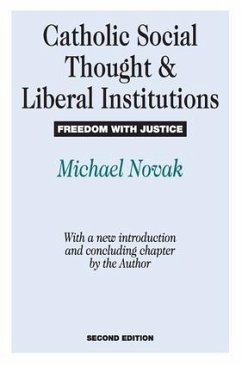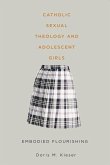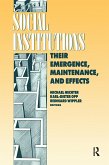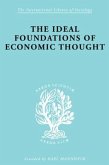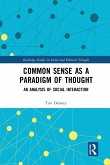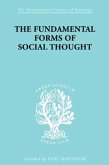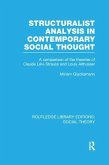Increasingly, the religious leaders of the world are addressing problems of politi cal economy, expressing concern about the poor. But will their efforts actually help the poor? Or harm them? Much depends, Michael Novak asserts, upon what kind of institutions are constructed, that is, upon realism and practicality. His thesis may be simply stated: Although the Catholic church during the nineteenth and early twentieth centuries set itself against liberalism as an ide ology, it has slowly come to admire liberal institutions such as democracy and free markets. Between the Catholic vision of social justice and liberal institu tions, Novak argues, there is a profound consonance (but not identity). First published in 1984 as Freedom with Justice, this new edition adds both a lengthy introduction carrying forward the original argument and a long concluding chapter on Pope John Paul II's controversial new encyclical of early 1988, Sollicitudo Rei Socialis.

